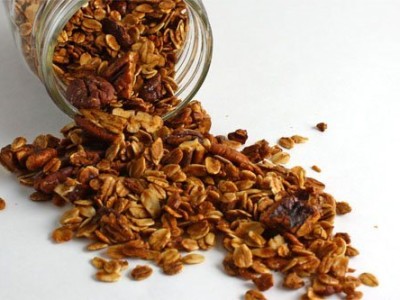
ARE JERUSALEM ARTICHOKES PALEO?

What Are Jerusalem Artichokes?
A Jerusalem artichoke, more commonly called a sunchoke, is a species of sunflower native to North America. This plant is commonly cultivated for its flavorful tuber, which resembles a large cluster of ginger root, or when separated, looks a lot like a russet potato.
These starchy tubers can be eaten raw, and will taste a lot like jicama. When roasted or pureed, they taste similar to potatoes, but much more flavorful and slightly sweet. Their source of carbohydrate is inulin, which is also present in chicory root, and doesn’t spike your blood pressure. They come with a fair warning though: they’re known to cause excessive gas, bloating, and in large quantities, diarrhea in some people.
Are Jerusalem Artichokes Paleo?
Yes! Sweet and flavorful, they can be roasted, mashed, or mixed with cauliflower to make a puree. They are certainly a starchy tuber, and are probably best on workout days if you’re worried about weight gain and carbohydrate intake. A serving offers up 17 grams of carbs (compared to 20 grams for a sweet potato). Probably shouldn’t be the majority of your day’s calories, and to avoid any stomach issues, you should consume them as a flavor component rather than a main dish.
Related Articles:
- Easy Roasted Sunchoke Paleo Fries (oliveandherb.com)
- Real Food Right Now and How To Cook It: Sunchokes (gracelinks.org)
Image Source: Gourmet



